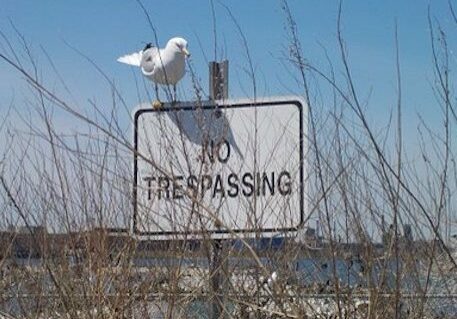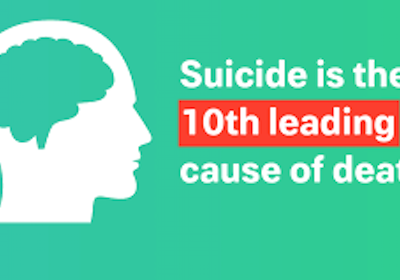For most of this year, I have been attending one of Apostolic Moral Purity’s Spiritual Discovery Groups for men, and we have recently been studying false belief systems. A comment that Michael Dye (author of The Genesis Process) makes is, “Beliefs create emotions and emotions drive beliefs.”
There is a difference between true beliefs and false beliefs. True beliefs are based on Biblical principles. False beliefs are based on fear or come out of loss or pain. As simple as the above statements may be, false beliefs are not always easy to discern.
False Beliefs
Many of the lies we believe as adults begin in our childhood. These are referred to as projected lies. You have probably heard the phrase, “hurt people, hurt people.” A projected lie is when someone takes their hurt and projects it on someone else. As a child, you may have been told, “You are no good,” or “You will never amount to anything good,” or “You are just like your father,” or “You are ugly.”
As a child, you didn’t know any better than to believe what you were told. You didn’t have the maturity or ability to learn anything different. So, the lie became blurry until it was thought of as truth. These lies can be believed throughout an entire life and never be disputed.
There are also survival lies. Another of Michael Dye’s key thoughts is, “Projected lies are what other people tell you. Survival lies are what you tell yourself.”
Within false belief systems, survival lies are the lies people tell themselves to survive. The false belief that you don’t need anyone will cause you to isolate yourself and sabotage relationships that God means for you to have.
The Result
The result of embracing a false belief system will take you down a painful path. A path that will lead you to choose unhealthy coping mechanisms. These could include many things that would cause you to act out or act in. They can be classified as addictions. Even unhealthy emotions can be attributed to embracing a false belief.
If you falsely believe that whatever you do will not be good enough, you may become hopeless, angry, and defensive. Eventually, this false belief will push people away.
To Change
To change false beliefs, you must first identify them. Once you identify them, you can work to change them to true beliefs. “And ye shall know the truth, and the truth shall make you free” (John 8:32). “Buy the truth, and sell it not; also wisdom, and instruction, and understanding” (Proverbs 23:23).
You might also like these articles...
No Trespassing!
No trespassing signs come in all sizes, shapes and messages. They are posted on public and private property. They are placed on large buildings and small alike. Businesses post no trespassing signs and so do home owners. A peaceful drive in the country will allow one to see no trespassing signs placed on the gate…
Recognizing Suicide
I want to talk to you about recognizing suicide in your world. In 2015, over 44,000 individuals took their own life in the United States. Suicide is the 10th leading cause of death in America. Between the ages of 15-34, suicide is the 2nd leading cause of death. In Oregon, one person dies by suicide…
Perfect Love
Perfect Love What is perfect love? It seems reasonable for the beloved disciple to be the only one to write about perfect love (1 John 4:18). I have been curious about this descriptive term for much of my life. Perfect love is not where a relationship starts. As a teenager, I remember my mother brushing…




